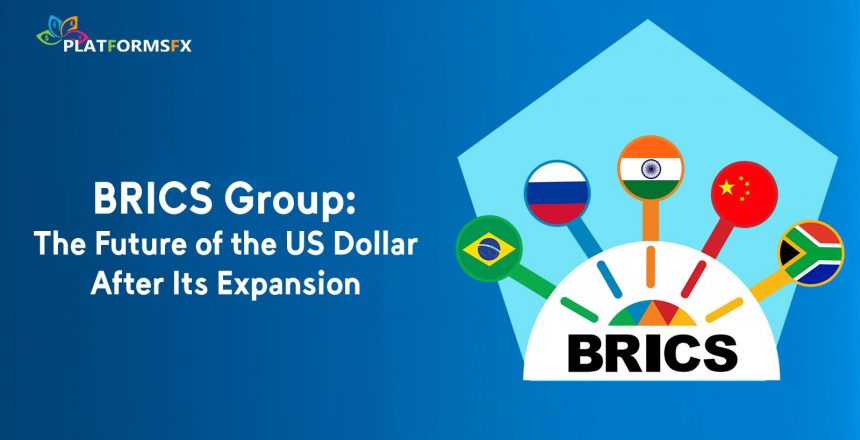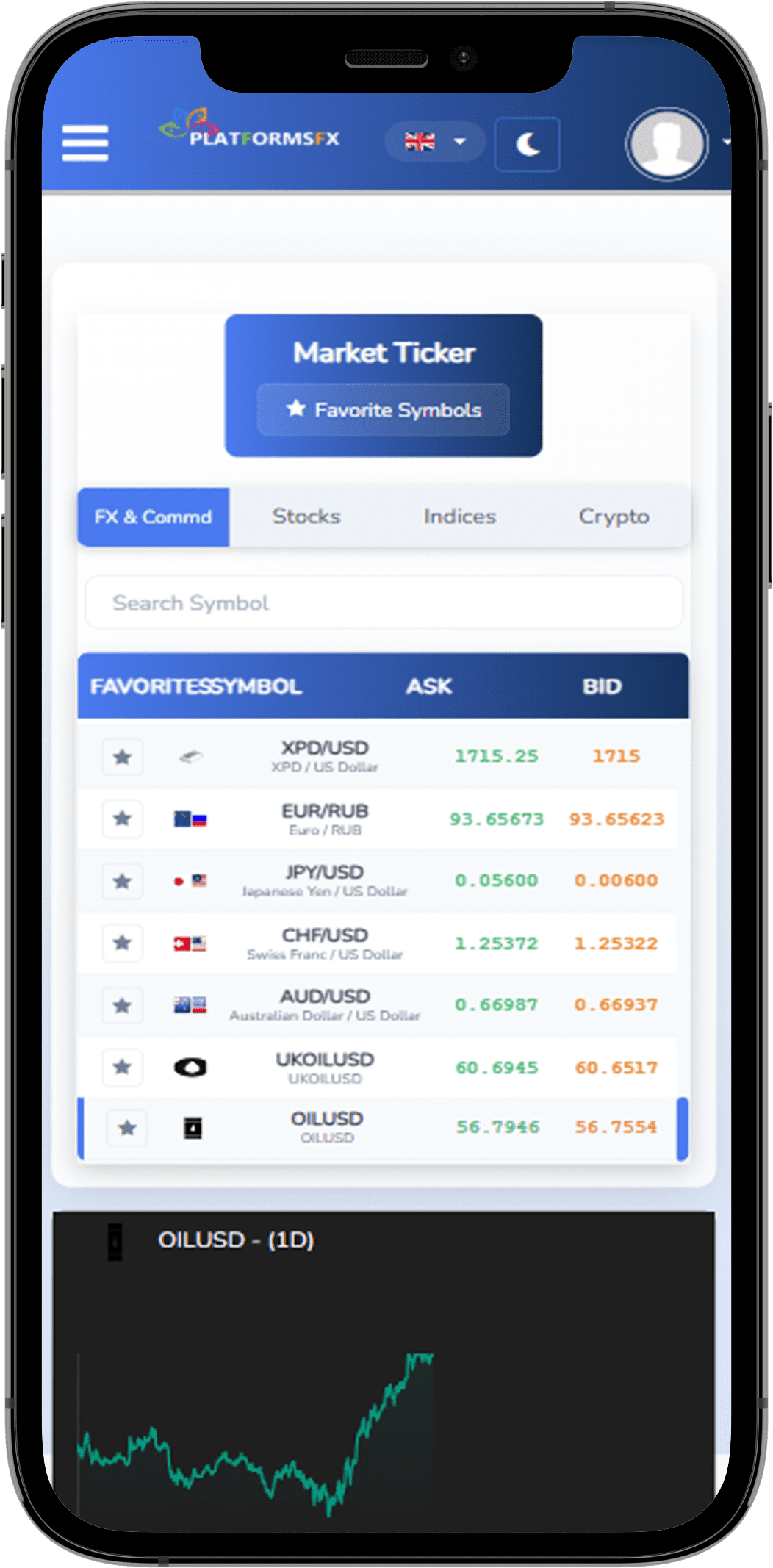n the summer of 2023, South Africa, a BRICS member, announced the acceptance of six new countries (Saudi Arabia, UAE, Egypt, Argentina, Ethiopia, and Iran) to join the bloc starting January 2024. This expansion is historic, as it includes three major oil-producing nations, potentially weakening the petrodollar, which has underpinned global oil trade since the 1970s. The expansion will increase the bloc’s share to 29% of the global economy, with a combined GDP exceeding $29 trillion, while solidifying its position as a major global supplier of essential commodities.
Internal Challenges and Divisions
Despite agreeing on the expansion, differing views emerged within the bloc. India and Brazil expressed concerns over China’s growing dominance and provoking the United States. In November 2023, Argentina’s newly elected president, Javier Milei, announced the country’s withdrawal from joining BRICS, reflecting varying stances among members.
Towards an Alternative Economic System
The New Development Bank was established in 2014 as an alternative to financing infrastructure projects without the conditions imposed by the IMF, allowing BRICS countries to borrow at lower costs. Additionally, the Contingent Reserve Arrangement (CRA) was launched in 2015 to provide liquidity during financial crises, enhancing the financial independence of member states.
The bloc is gradually working to reduce reliance on the US dollar by promoting the use of national currencies in transactions. Discussions have also focused on creating an independent payment system outside the global SWIFT network, especially after Western sanctions on Russia in 2022.
Challenges to the Dollar’s Dominance
While BRICS has ambitions to establish a unified currency or abandon the dollar, experts believe achieving this in the near term is challenging due to economic disparities among member states and their intertwined financial dealings with Western economies. Nevertheless, the bloc represents a significant step toward reshaping the global economy, particularly as it comprises 46% of the world’s population and 32% of the Earth’s landmass.
Conclusion
The expansion of BRICS poses a new challenge to the traditional economic system by fostering South-South economic cooperation and developing independent financial tools as alternatives to Western dominance. Despite ongoing challenges, the bloc emerges as a major player striving to achieve a fairer and more diversified global economic balance.




